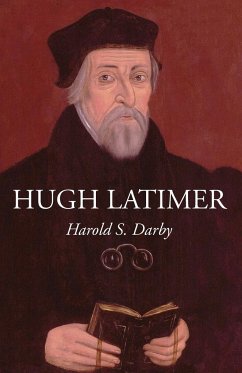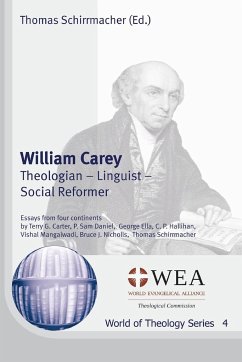The pendulum has swung far since the days of our grandfathers when the three martyrs at Oxford were looked upon as symbols of a great deliverance wrought once for all. But if the life of Latimer is symbolic of anything, it stands with Wyclif's and Wesley's to demonstrate the power of preaching based on the Bible which touches the hearts and minds of the people. Of all the men concerned, for selfish or unselfish reasons, with the English Reformation, none was more popular in his own time than Latimer, and none has a greater place in the affections of posterity. His forthright speech still rings from the printed page with the accent of the English countryside, so that a modern reader can feel something of the power which once dominated the court of Edward the Sixth and the vast crowds who gathered to hear him in church or in the open air at St Paul's 'in the shrouds'. Others did as much, perhaps more, to establish the religion which has become typical of English Christianity. --From Chapter One: Birth and Education Harold S. Darby was a preacher, teacher, and historian. He also wrote The Grace and the Love: A Book of Benediction, published by Epworth Press in 1945.
Hinweis: Dieser Artikel kann nur an eine deutsche Lieferadresse ausgeliefert werden.
Hinweis: Dieser Artikel kann nur an eine deutsche Lieferadresse ausgeliefert werden.








